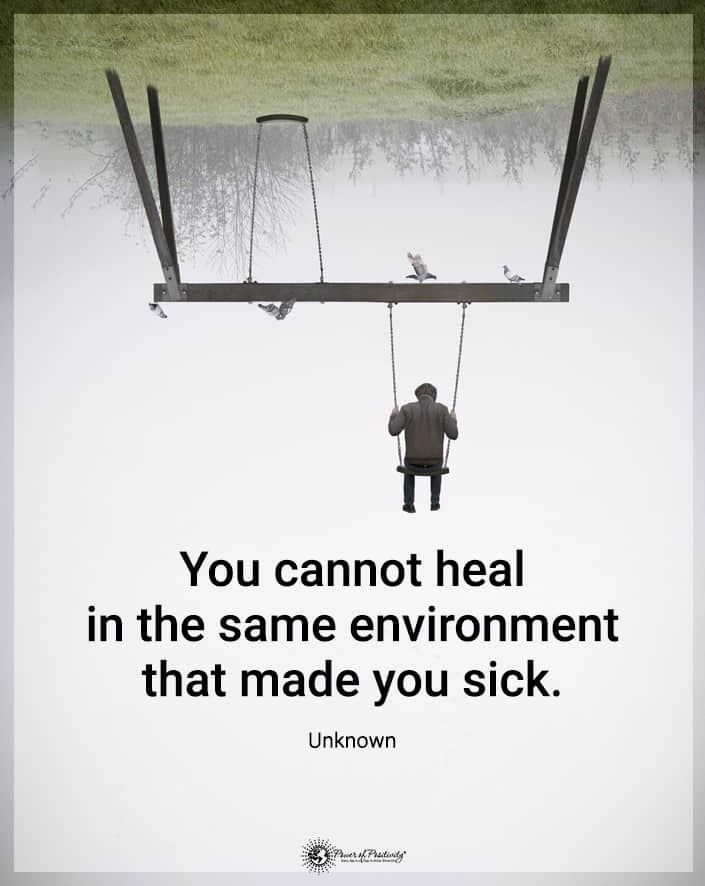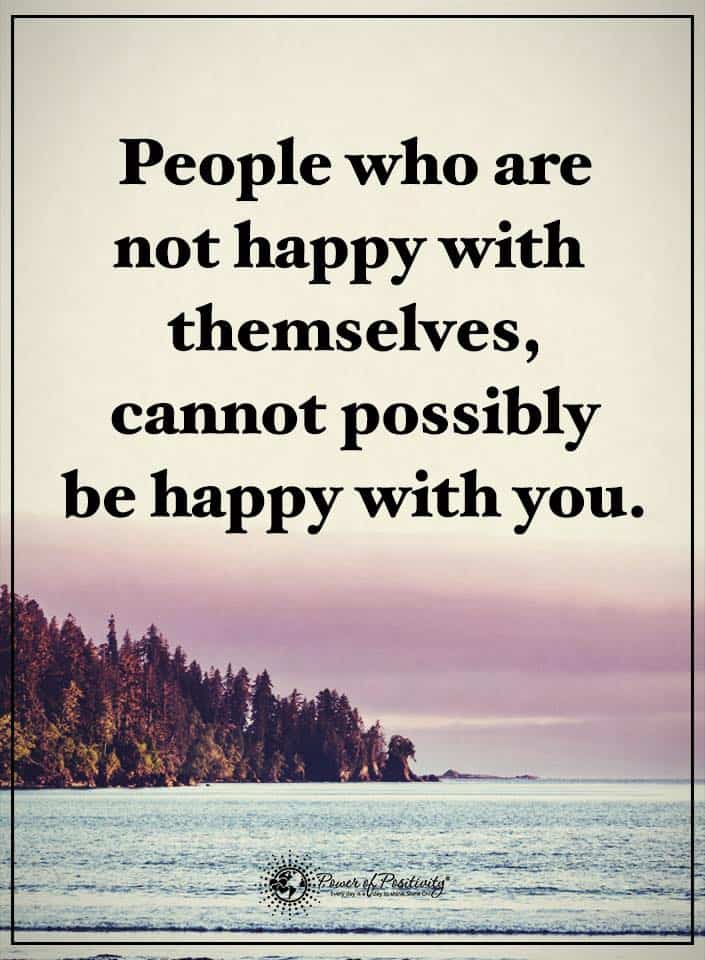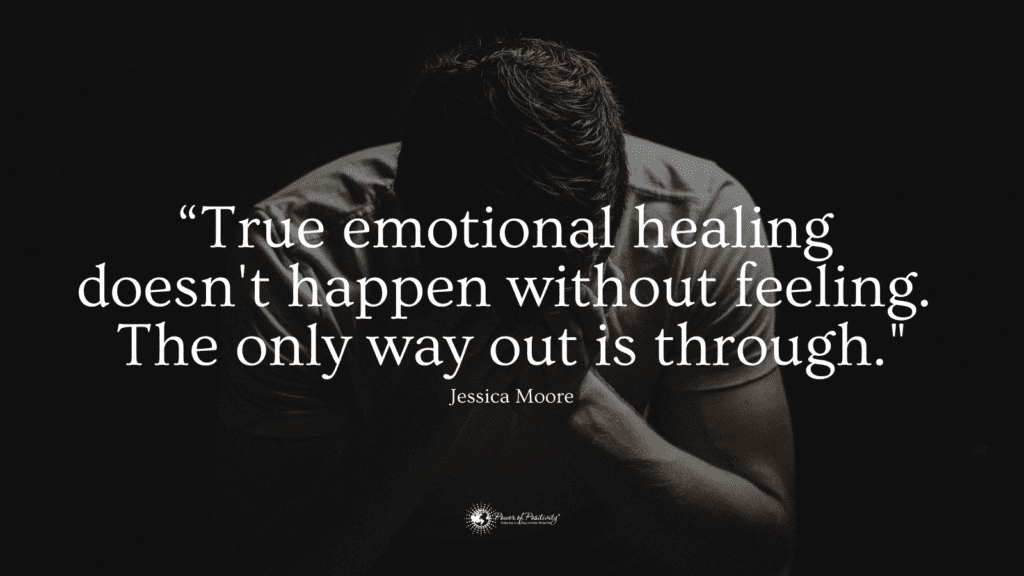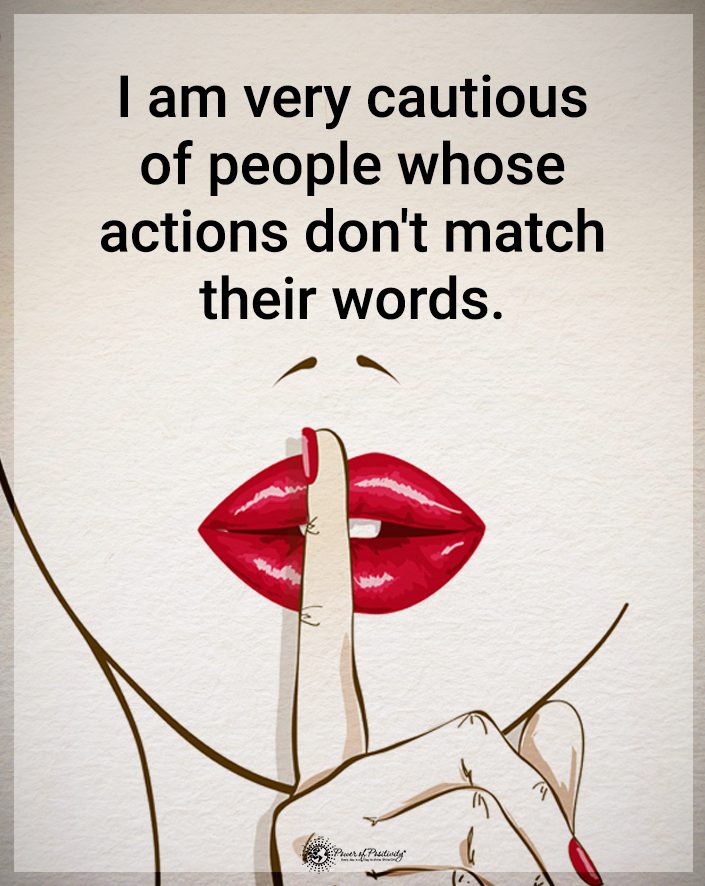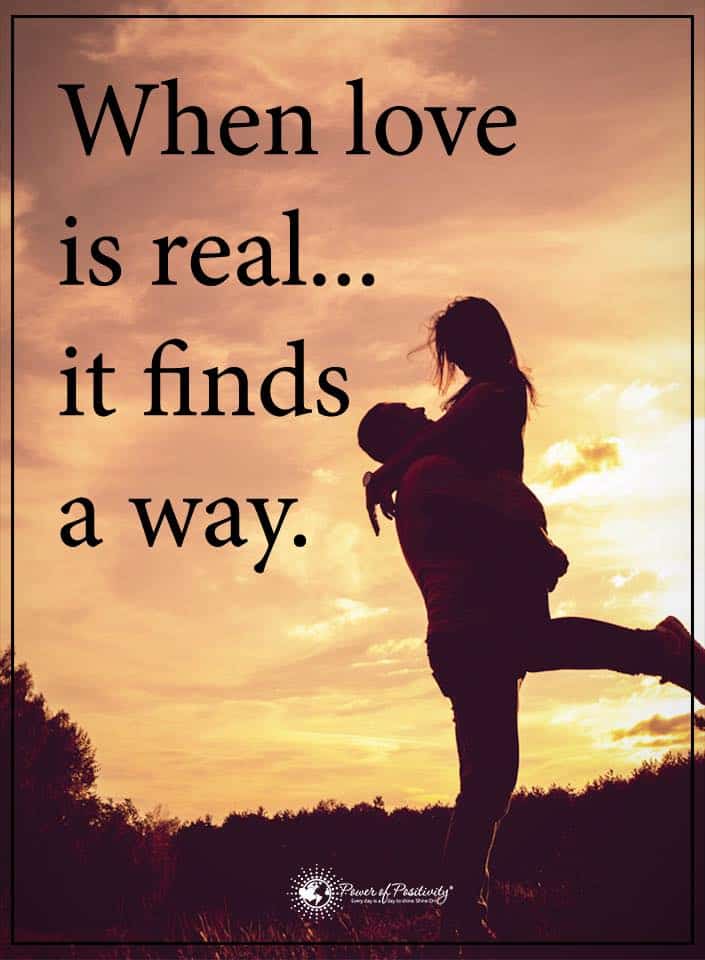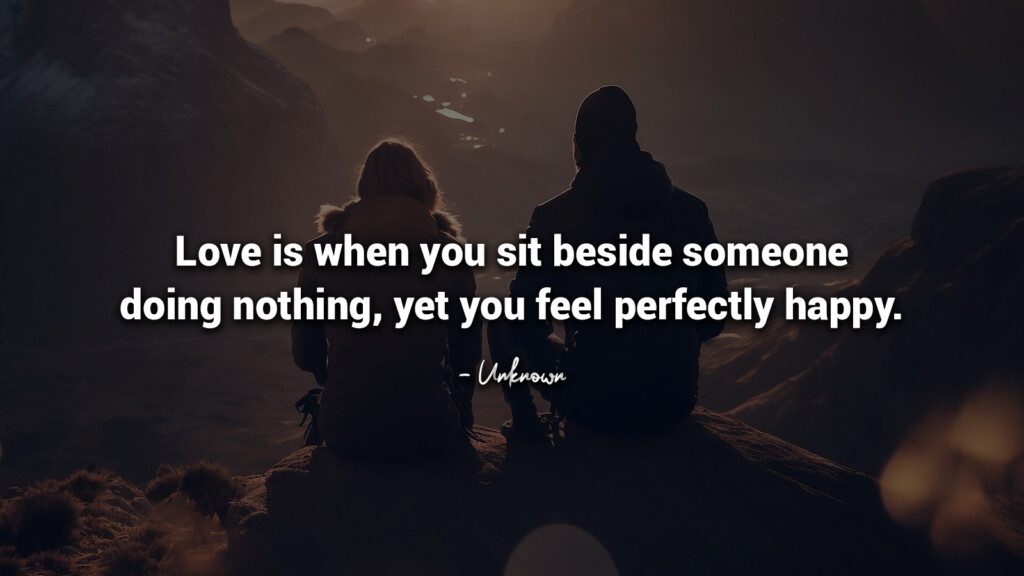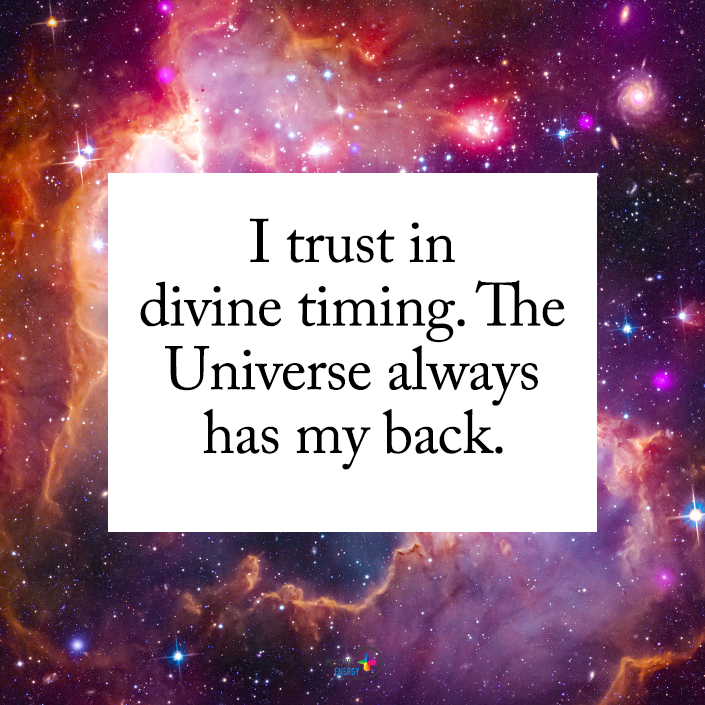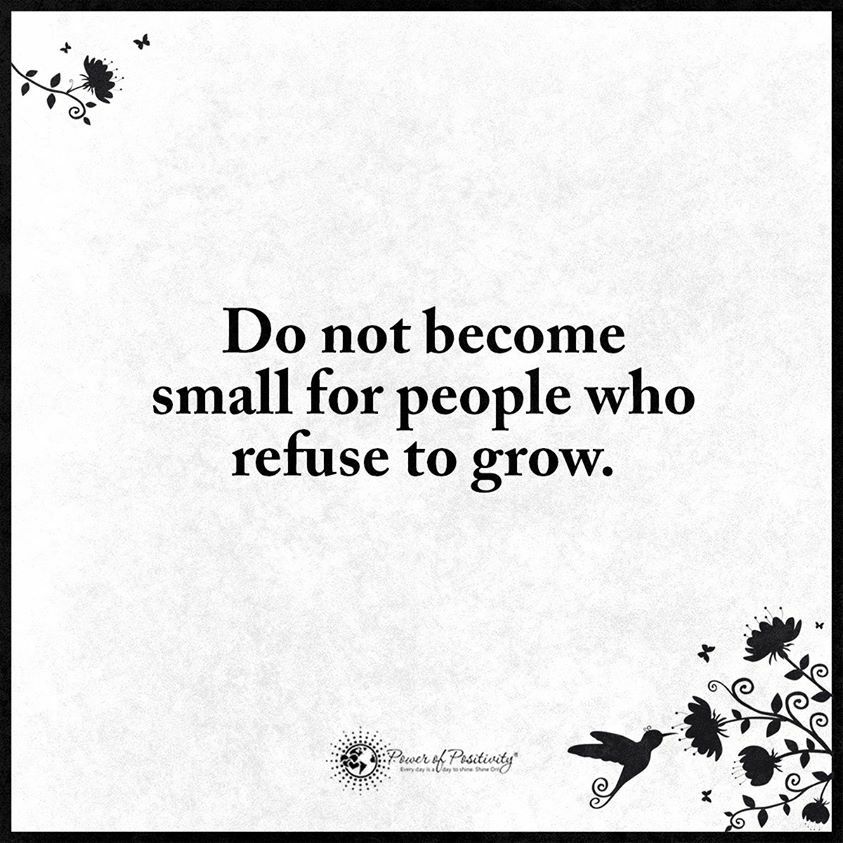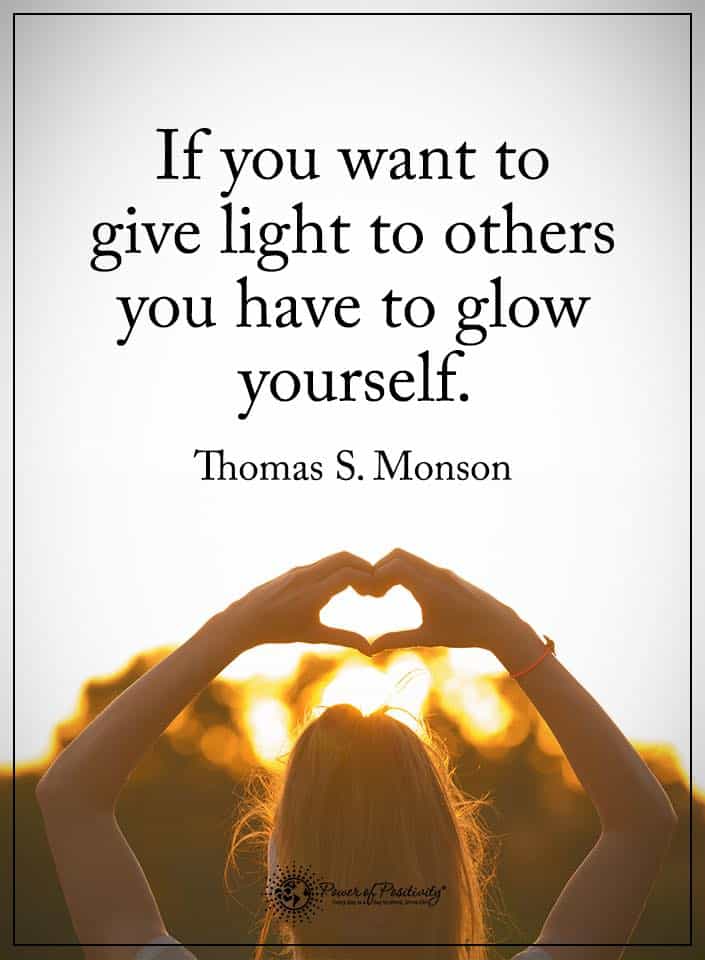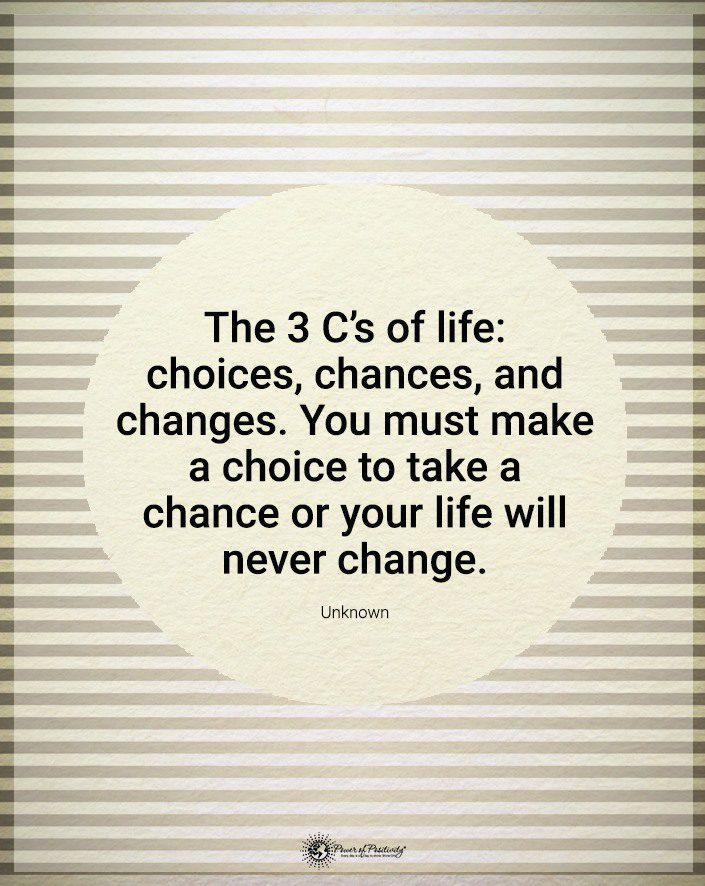We agree that good nutritional habits are vital to good physical health, yes? But what about mental health? Do good nutritional habits translate to a healthier mental state? On the surface, it would make sense. After all, the food we eat contains nutrients, which are transported throughout our entire body via our bloodstream. We already know that the brain requires nutrients to operate effectively…so, yeah, it makes sense.
“We need to get serious about the critical role played by nutrition.” – Julia Rucklidge, Clinical Psychologist
But is eating right more important to mental health than prescription medicine?
Ah, this is a bit trickier. After all, pharmaceuticals are research-intensive and science-based products that have undergone extensive trial and error, often over multiple years. These same products have earned the coveted “seal of approval” from the Food and Drug Administration (FDA)…no easy task to say the least.
But, then again, hasn’t food undergone “testing” too? We’ve been “studying” the effects of food for much, much longer than medicine, haven’t we?
Scientists seem to have a pretty good grasp of what foods are healthy and unhealthy, so why haven’t many hypotheses focused on the mental health/nutrition link? Going back to the underlying question, we could attempt to subjectively rationalize a “yes” or “no” answer, and we may come up with an acceptable (maybe even a good) explanation. Or we could call upon that same scientific method to help us.
What Does the Science Say?
First, we should get this out of the way: good nutrition is essential for our mental health. Indeed, a myriad of mental health conditions can be affected by nutritional habits. This is THE most important lesson of the entire article. Yes, it is interesting that eating healthy may be more impactful than medication; but understanding that food directly impacts our mental health is even more crucial.
The Mental Health Foundation – a preeminent, science-based mental health organization based in the UK – states:
“One of the most obvious, yet under-recognized factors in the development of major trends in mental health is the role of nutrition…the body of evidence linking diet and mental health is growing at a rapid pace, as well as its impact on short and long-term mental health.”
Just as interesting is the following, again quoting from the Mental Health Foundation:
“…the evidence indicates that food plays an important contributing role in the development, management and prevention of specific mental health problems such as depression, schizophrenia, attention deficit hyperactivity disorder, and Alzheimer’s Disease.”
So, what do we know, then? Two important things:
(1) An overwhelming amount of evidence exists proving that food directly affects our overall mental health.
(2) The food we take in can directly contribute – in ways both good and bad – to both potential and existing mental health conditions.
Why Food IS More Important Than Medication
Most rational people accept that medication (e.g. prescription medications, vaccines, etc.) plays an essential and positive role in preventing and treating many different health conditions. One area that is much more contentious is the impact of pharmaceuticals on mental health. More specifically, whether or not pharmaceuticals simply “mask” symptoms rather than cure the underlying condition – as is the case with many patients suffering from anxiety and/or depression, for example.
Despite having her initial doubts, Dr. Julia Rucklidge, professor of Clinical Psychology at the University of Canterbury, is among the advocates for treating mental health disorders with adequate nutrition. The research that she has undertaken over years, however, has ultimately led her to a simple, profound conclusion: that “nutrition is a safe and viable way to avoid, treat, and lessen mental illness.”
To emphasize her point, Dr. Rucklidge cites her now well-known study of ADHD patients. The adult participants were split into two groups: one group received micro-nutrients (i.e. vitamins and minerals), and the second group received a placebo (an inactive ingredient used as a basis of measurement.)
Here’s what she found:
- In eight weeks, twice the number of participants responded favorably in the micro-nutrient group than in the placebo group.
- Participants that continued with the micro-nutrient regimen realized positive mental health benefits; the alleviation of symptoms.
- Participants that discontinued the micro-nutrient regimen and reverted to medication realized worsening symptoms.
Dr. Rucklidge didn’t cease experimental efforts with ADHD patients, and continued testing the impact of micro-nutrients on patients with depression, schizophrenia, bi-polar disorder, and others. Similar to the ADHD study, patients responded favorably to the micro-nutrient regimen.
What does this mean?
It simply means that nutrition is a vital component to not only physical health, but overall mental health. Commonsensical? We’ll let you be the judge of that.
But, if Dr. Rucklidge and her colleagues are correct – and many indicators seemingly point in this direction – it may alter how we view and treat mental illness.


